Since Luke Nickel was young, his parents instilled in him the value of thinking critically. He recalls one conversation—the exact topic escapes him—during which his father said to him and his siblings, “I don’t care what you think about it, as long as you think about it.”
“It didn’t matter what conclusion we came to, as long as we were really thinking about it,” the 29-year-old explains. “Similarly, they don’t have a huge expectation of what we’re going to do [for a career], but they encourage us to grow and explore and do something. I guess I’ve had that open-ended, quiet encouragement from a young age.”
That, Nickel says, is how he ended up becoming an experimental music composer rather than a doctor or a lawyer.
Raised in Winnipeg, where he grew up attending Hope Mennonite Church, Nickel currently lives in Bristol, England. He recently completed a PhD in music composition at Bath Spa University.
Nickel’s PhD dissertation centres on memory and the process of transmitting musical scores. While studying for his master’s degree at McGill University in Montreal, Nickel found that he enjoyed composing music but became frustrated by traditional means of notating scores. So he began devising alternate ways of scoring his music.
One of those methods involves him describing the piece and how it is to be played to the musicians who will perform it, either in person or via an audio recording. By doing things this way, the musicians have a larger role in the piece’s creation than they would if they were simply following notes on a piece of paper.
“With my piece, if there’s no performer, there’s no piece in the first place, and I really see that as a benefit, in that it means everyone in the creation process is engaged and equally owns the end product and is responsible for it,” he says.
Composing without writing a score means he can “access really different realms of [musical] exploration than I would have otherwise.”
“Working this way allows me to get straight to the vibe of the piece . . . this core sound world, or this place the music inhabits,” he says. “I feel now I can get to that much quicker and I can communicate that really easily.”
One of Nickel’s main focusses right now is the 2018 edition of the Cluster New Music and Integrated Arts Festival, which takes place in Winnipeg from March 1 to 4, 2018. He co-founded the festival about 10 years ago while doing his undergraduate degree in flute performance and music composition at the University of Manitoba.
The idea behind Cluster, he says, is to showcase emerging contemporary classical music creators as well as dancers and visual artists. “We started thinking, how can we make a music festival that bridges these kinds of art form gaps and gets everyone excited about experimental new work?”
He credits his passion for music to his parents. In an article he wrote for the summer 2015 issue of Rhubarb magazine, he wrote: “I was . . . fortunate that both of my parents were musicians: my dad was a church-addled prog-rock enthusiast, and my mom was a classically trained pianist and amateur singer. They insisted that I take piano lessons at a young age, and baited me with the reward of playing any instrument of my choice after a year’s study. At the same time, I was surrounded by endless hymns in church.”
In the same article, he wrote: “I have always had the sense that I can change the world. Or maybe it would be more accurate to say that I have always had the desire to change the world. I have never had the sense that I can do this alone; rather, my greatest joy has always been inspiring others to change the world with me.”
Two-and-a-half years later, he still feels the same way, although he qualifies that quote with the recognition of the privilege he enjoys as an educated white man “who’s probably never going to have a super difficult time with life.”
“We all change the world in small ways,” he says. “I’m not sure I esteem to change the world in a big way, but it’s just the idea of making the world better or more beautiful, or bringing people together in small ways, in the ways that I can.”
In addition to his parents, he credits growing up at Hope Mennonite, and attending high school at Westgate Mennonite Collegiate, as “essential in getting to where I am now.”
“I have to pay some thanks or responsibility to the church and then to Westgate for giving me a solid group of friends, but even more than that, giving me a solid understanding of community, and how important that could be in doing the work that I’m doing.”

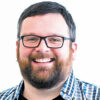
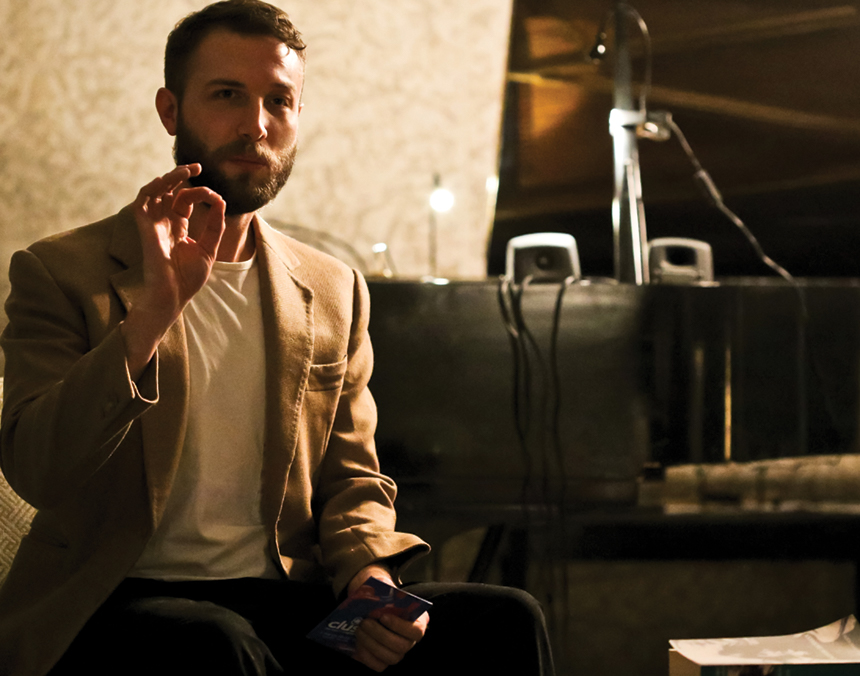

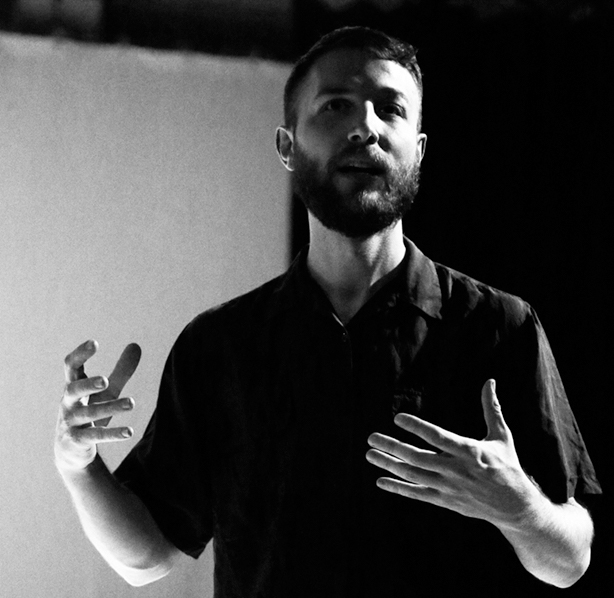
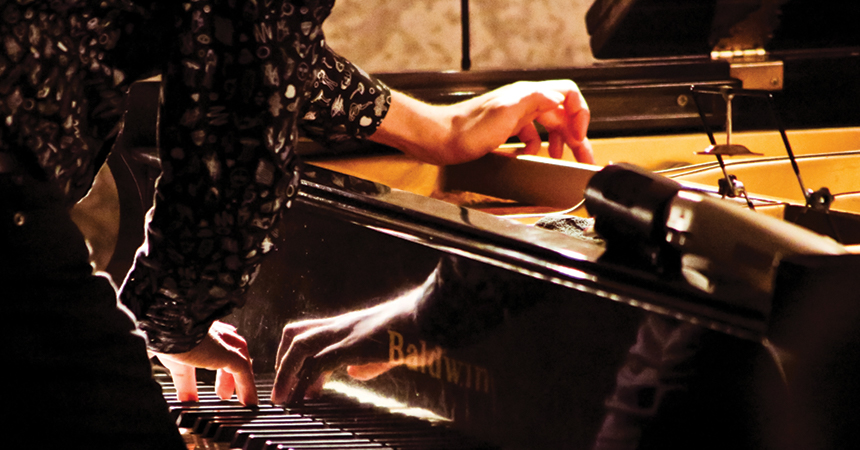
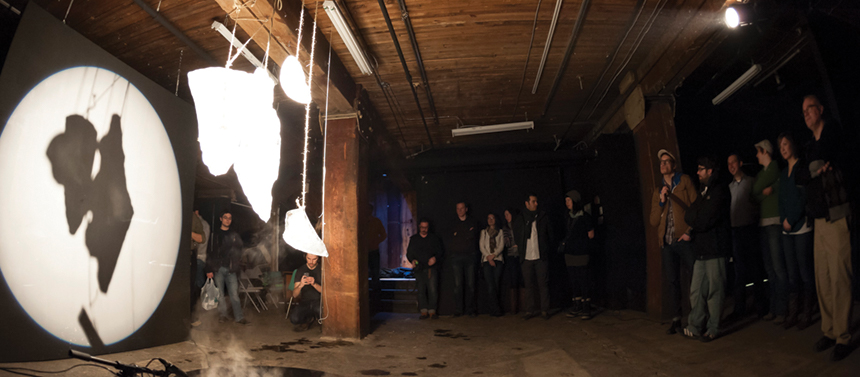
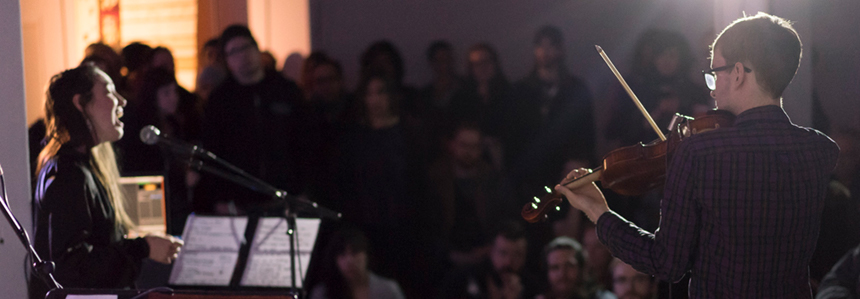
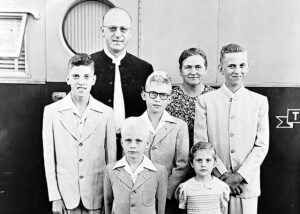
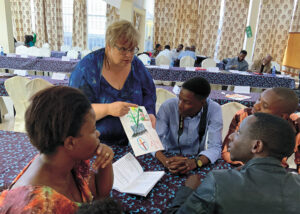
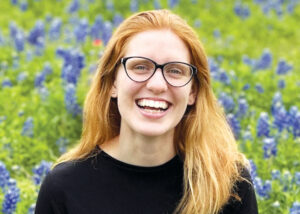

Leave a Reply
You must be logged in to post a comment.